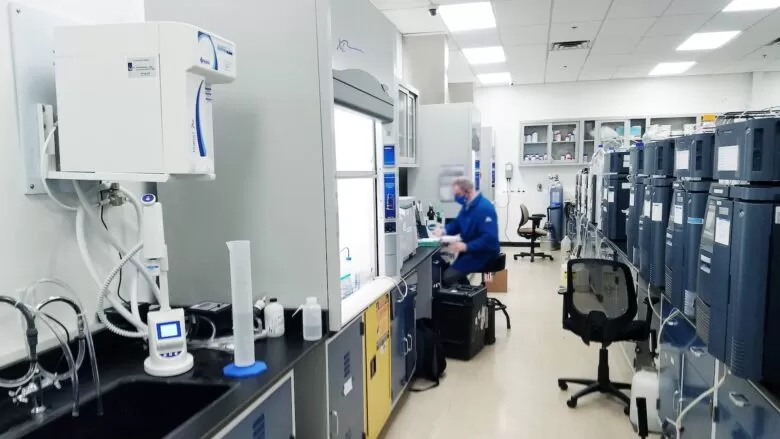The world of science is forever changing and this means that you can never become complacent as a researcher. Continuous personal development is a must.
You need to stay up-to-date with the latest regulations and policies. For example, if there is a new NIH data sharing policy, you need to know all of the relevant details before you can continue your research.
You also need to continue improving and expanding your skillset to ensure you stay on top of your game. Otherwise, you’re at risk of falling behind with the latest industry news and innovative technologies.
Important Things That Every Scientific Researcher Needs to Know
Although every experiment is unique and lab-based technique is different from the next, there are some general things that every scientific researcher needs to keep in mind.
Regardless of the type of research that you are doing, here are some important things you should know.
You Need to Consider the Ethics of Your Experiment
When conducting scientific research, you must consider the ethics of your studies. Ethics are standards that detail the acceptable and unacceptable techniques and behaviors that can be used in any scientific study.
Various ethical regulations are in place to maintain the safety of lab workers, experimenters, human participants, and animals in studies. They are made at federal and state levels, and operating outside of any ethical codes during your research can lead to legal repercussions.
Ethical codes will prohibit the fabrication or purposeful misrepresentation of scientific results. They also prevent researchers from working on a study from a biased perspective. Every scientist must declare conflicts of interest in their research papers.
Before you can begin any sort of research, you must ensure that your methodology complies with all of the national and local ethical regulations. Often, to apply for funding, you will need to detail the ethics of your experiment.
Database Management Software is a Must
Database management software is a type of software that you can use to manage your research projects. It enables you to organize multiple projects to stay on top of your data collection and analysis.
Using application programming interfaces (APIs), you can collate information from multiple scientific research projects into a central database. You won’t need to access several software at once, which removes the risk of incompatibility between different programs.
With a great database management system, you can collect and store all of your datasets digitally. You’ll be able to adjust, update, and delete data during the course of your projects. Strong software also increases the security of your data and improves data integrity.
Make Sure to Research Your Study Area Extensively
Before you can conduct any form of scientific research, you must know exactly what you’re trying to find out. You’ll need to come up with a hypothesis and a question that you’re going to answer (hopefully) through your research.

Long before you begin collecting any sort of data, you need to research your chosen area of study to devise a reasonable and in-depth plan for your upcoming scientific research.
Think of it as doing background research so you’re not going in your research blind. Knowing your area of study in more detail will lay a strong foundation for your research and set you up for success.
Consider the Existing Research
It’s a good idea to perform an extensive literature review before you conduct a scientific experiment. This involves reviewing the current research in your chosen area of study so you can use it to strengthen your own research.
A literature review will also increase your understanding of the subject area. You can determine the relationships and results that previous experimenters have found. You can identify what they did well and emulate their methodology in your own research.
Consider asking yourself the following questions when performing a literature review:
- Did they collect similar data?
- What variables did they use?
- How did they measure their variables?
- Which methods did the researchers use to collect and analyze the data?
- What could have been improved in their research?
Every Researcher Should Define Their Sample Collection Methods
As part of your scientific research, you will likely be collecting a wide set of data. Whether you are collecting physical samples to analyze for medical research or you need to gather observational data about your participants, defining your sample collection method is essential.
As part of your literature review, you may have identified some of the best sample collection methodologies previous researchers have used. Define when, where, and how you are going to collect each of your samples and make sure all of the research is working on a particular project or aware of this information.





























